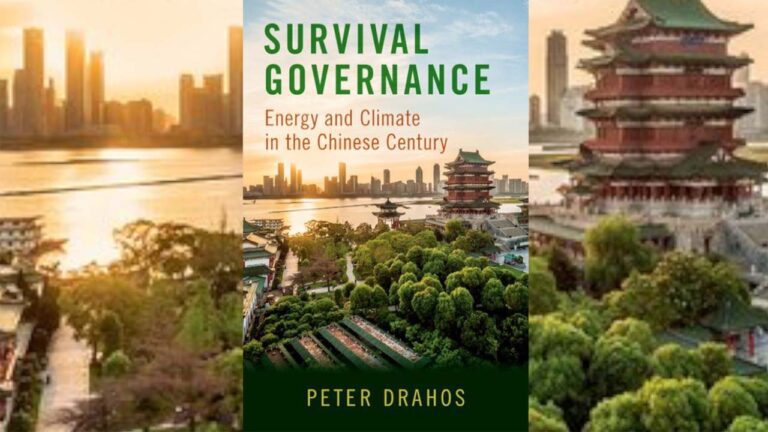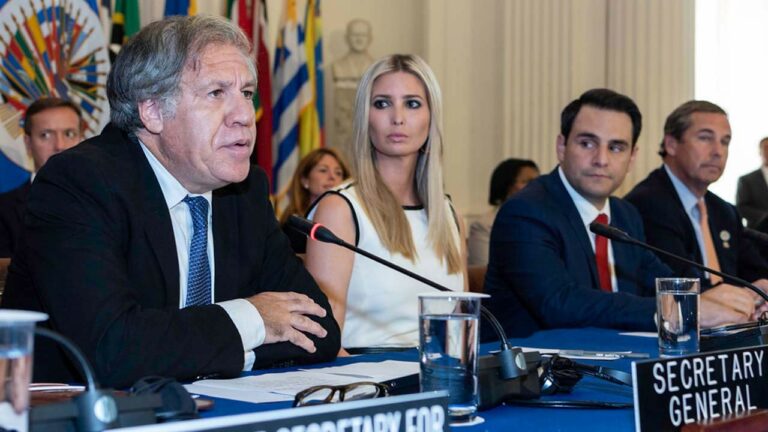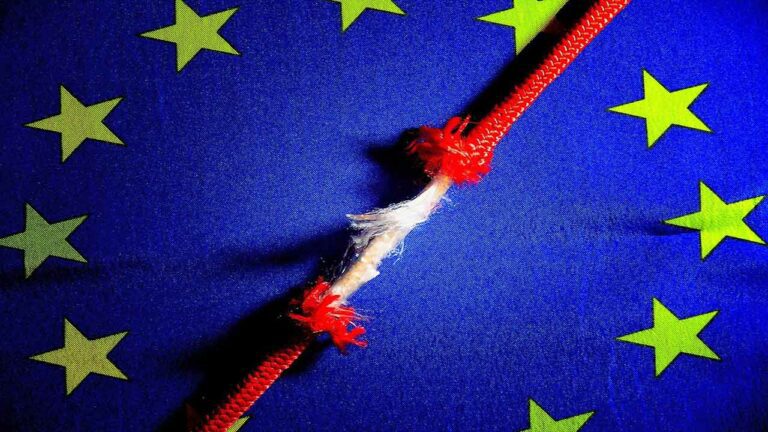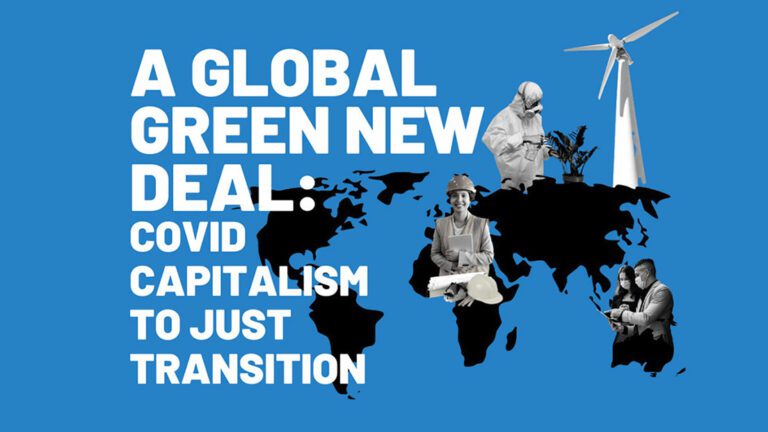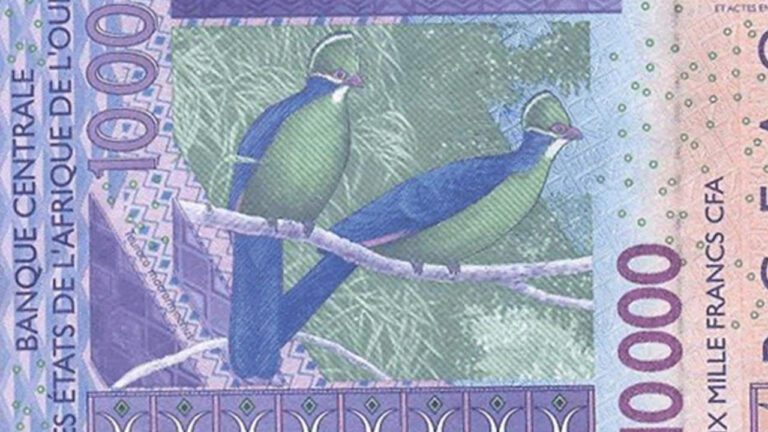Can China Lead the Way to a Low Cost, Low Carbon Future?
Peter Drahos’ Survival Governance: Energy and Climate in the Chinese Century shows why US corporate-centric strategies, from shale production to carbon capture are a failure. A radically different model has to be embraced.
